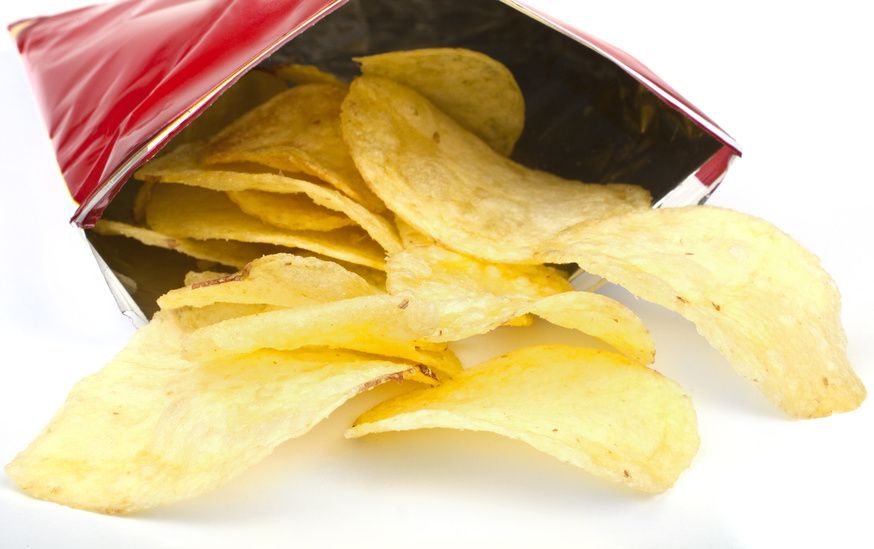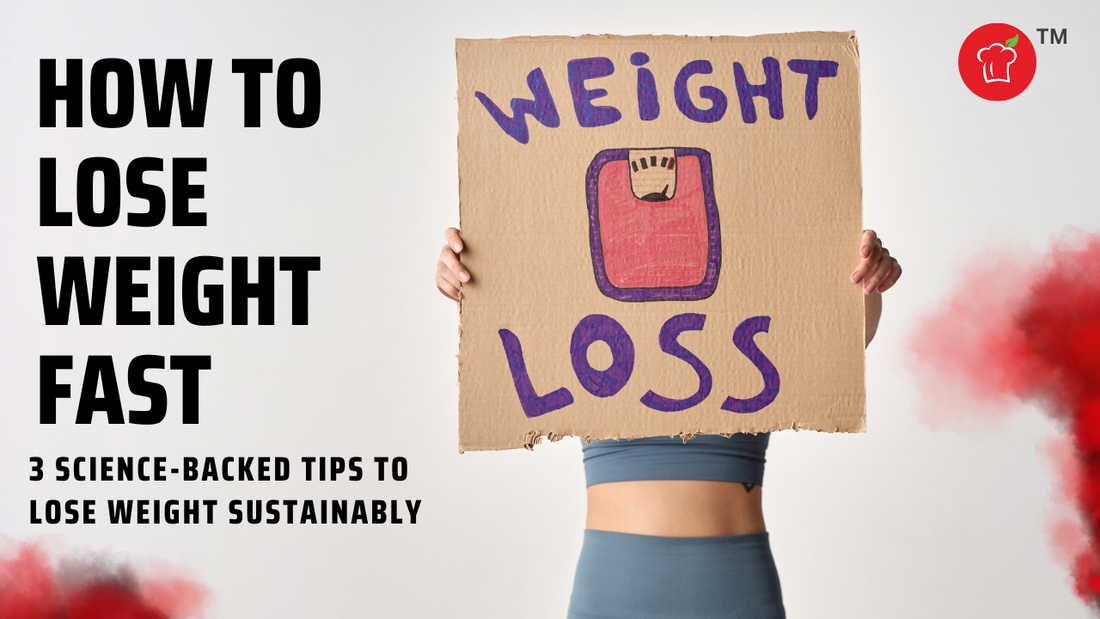The New York Times: On the evening of April 8, 1999, a long line of Town Cars and taxis pulled up to the Minneapolis headquarters of Pillsbury and discharged 11 men who controlled America’s largest food companies. Nestlé was in attendance, as were Kraft and Nabisco, General Mills and Procter & Gamble, Coca-Cola and Mars.
Our 20 Favorite Childhood Asian Snacks You Need to Try
New York Times journalist Michael Moss shows that major food companies spend vast sums perfecting the blend of sugar, salt, fat, and starch to create addictive food products. The consumption of these products is killing us at a rate that surpasses drug overdose deaths and constitutes a public health crisis.

Source Image: athleanx.com
Download Image
The Extraordinary Science Of Addictive Junk Food Michael Moss | New York Times | February 20, 2013 On the evening of April 8, 1999, a long line of Town Cars and taxis pulled up to the Minneapolis headquarters of Pillsbury and discharged 11 men who controlled America’s largest food companies.

Source Image: sampoornaahara.com
Download Image
How to Avoid Junk Food and Eat Healthy Instead? | Nutrition Expert Advice The Extraordinary Science of Addictive Junk Food – NYTimes.com 2/28/13 10:52 AM. The Extraordinary Science of Addictive Junk Food – NYTimes.com 2/28/13 10:52 AM

Source Image: draliabadi.com
Download Image
The Extraordinary Science Of Addictive Junk Food
The Extraordinary Science of Addictive Junk Food – NYTimes.com 2/28/13 10:52 AM. The Extraordinary Science of Addictive Junk Food – NYTimes.com 2/28/13 10:52 AM We don’t normally think of food as a technology, but people have learned to engineer it with ever better precision. Centuries ago humankind figured out that combining yeast, grain, and water would yield alcohol. Today, food scientists can reformulate food products to create very specific effects for consumers. The goal for many food producers is to achieve the bliss point, the perfect balance
Can’t Stop Eating Junk Food? Science May Know Why – Dr. A…
The extraordinary science of addictive junk food. Here’s a great new article on how junk food is engineered to be addictive: It’s perhaps nothing really new and the journalist is still stuck in old-fashioned failed ideas (sugar, salt and fat are equally bad). But the article gives great insights into the minds of the men running the junk 25 Best Food Documentaries to Watch

Source Image: culinarynutrition.com
Download Image
The Extraordinary Science of Addictive Junk Food – The New York Times The extraordinary science of addictive junk food. Here’s a great new article on how junk food is engineered to be addictive: It’s perhaps nothing really new and the journalist is still stuck in old-fashioned failed ideas (sugar, salt and fat are equally bad). But the article gives great insights into the minds of the men running the junk

Source Image: nytimes.com
Download Image
Our 20 Favorite Childhood Asian Snacks You Need to Try The New York Times: On the evening of April 8, 1999, a long line of Town Cars and taxis pulled up to the Minneapolis headquarters of Pillsbury and discharged 11 men who controlled America’s largest food companies. Nestlé was in attendance, as were Kraft and Nabisco, General Mills and Procter & Gamble, Coca-Cola and Mars.

Source Image: immieats.com
Download Image
How to Avoid Junk Food and Eat Healthy Instead? | Nutrition Expert Advice The Extraordinary Science Of Addictive Junk Food Michael Moss | New York Times | February 20, 2013 On the evening of April 8, 1999, a long line of Town Cars and taxis pulled up to the Minneapolis headquarters of Pillsbury and discharged 11 men who controlled America’s largest food companies.

Source Image: fitpage.in
Download Image
Dieting: Nutrition And Food: 10 Must-Read Books For Better Health | Features News, Times Now The Extraordinary Science of Addictive Junk Food. On the evening of April 8, 1999, a long line of Town Cars and taxis pulled up to the Minneapolis headquarters of Pillsbury and discharged 11 men who controlled America’s largest food companies; on the agenda was one item: the emerging obesity epidemic and how to deal with it.

Source Image: timesnownews.com
Download Image
Why Empty Calories Are a Big Problem The Extraordinary Science of Addictive Junk Food – NYTimes.com 2/28/13 10:52 AM. The Extraordinary Science of Addictive Junk Food – NYTimes.com 2/28/13 10:52 AM

Source Image: nationalgeographic.com
Download Image
hazelnuts | Bewitching Kitchen We don’t normally think of food as a technology, but people have learned to engineer it with ever better precision. Centuries ago humankind figured out that combining yeast, grain, and water would yield alcohol. Today, food scientists can reformulate food products to create very specific effects for consumers. The goal for many food producers is to achieve the bliss point, the perfect balance

Source Image: bewitchingkitchen.com
Download Image
The Extraordinary Science of Addictive Junk Food – The New York Times
hazelnuts | Bewitching Kitchen New York Times journalist Michael Moss shows that major food companies spend vast sums perfecting the blend of sugar, salt, fat, and starch to create addictive food products. The consumption of these products is killing us at a rate that surpasses drug overdose deaths and constitutes a public health crisis.
How to Avoid Junk Food and Eat Healthy Instead? | Nutrition Expert Advice Why Empty Calories Are a Big Problem The Extraordinary Science of Addictive Junk Food. On the evening of April 8, 1999, a long line of Town Cars and taxis pulled up to the Minneapolis headquarters of Pillsbury and discharged 11 men who controlled America’s largest food companies; on the agenda was one item: the emerging obesity epidemic and how to deal with it.